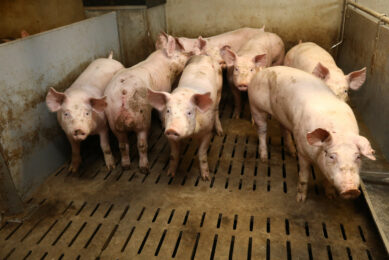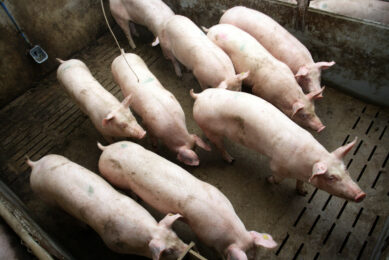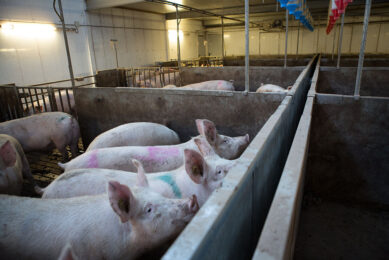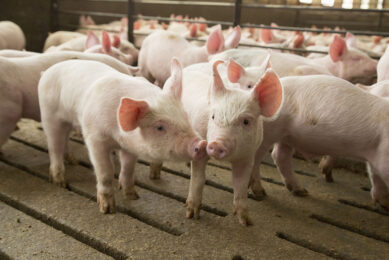Small pig stakeholders and their knowledge of foreign diseases
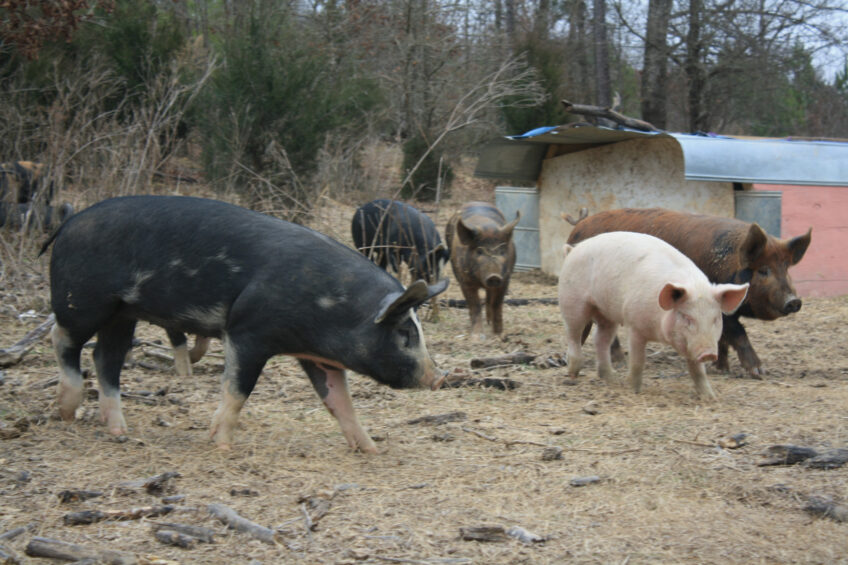
Owners and managers of commercial pig farms in the US generally tend to be well informed about foreign animal diseases – but how about small swine stakeholders? There is room for improvement, a recent study showed.
The study was carried out in Ohio, USA – and a publication about the outcomes is being published this June in the peer-reviewed journal Preventive Veterinary Medicine. The authors are connected to The Ohio State University as well as the Ohio Department of Agriculture. With regard to foreign animal diseases, the team pointed to African Swine Fever (ASF), Classical Swine Fever (CSF), Foot-and-Mouth Disease (FMD) and Seneca Valley virus.
The team wrote: “The main objective of this study was to use data collected from small swine stakeholder outreach sessions to identify potential knowledge gaps within this population and to assess the effectiveness of such outreach session in enhancing the short-term knowledge of stakeholders concerning the identification and transmission of foreign animal diseases, their preparedness for potential outbreaks of these diseases, and their comprehension of biosecurity concepts.”
Changes in short-term knowledge
Using pre- and post-session surveys, the research team measured changes in short-term knowledge levels among 31 participants across 5 sessions.
Questions in the session would include for instance whether or not participants could tell whether an animal was infected by a foreign animal disease by looking at them or examining them, whether the meat of pigs infected with ASF is safe to eat and whether one can move pigs during a quarantine.
Results indicated a significant improvement in participants’ knowledge post-session regarding various aspects of foreign animal disease recognition, transmission and outbreak response.
Educational level matters for foreign animal diseases
Another conclusion the researchers drew was that the analysis identified educational level as the sole factor significantly associated with higher pre-session knowledge levels.
Several reasons may contribute to the lack of implementation of biosecurity recommendations, the authors wrote. Those included:
Addressing these barriers and providing clear guidance on the benefits and feasibility of biosecurity practices may be crucial in enhancing preparedness and minimising the risk of FAD outbreaks, the research team wrote. They concluded, “Similarly, this underscores the need for educational materials to seamlessly integrate information on both foreign animal diseases and biosecurity concepts and practices.”



